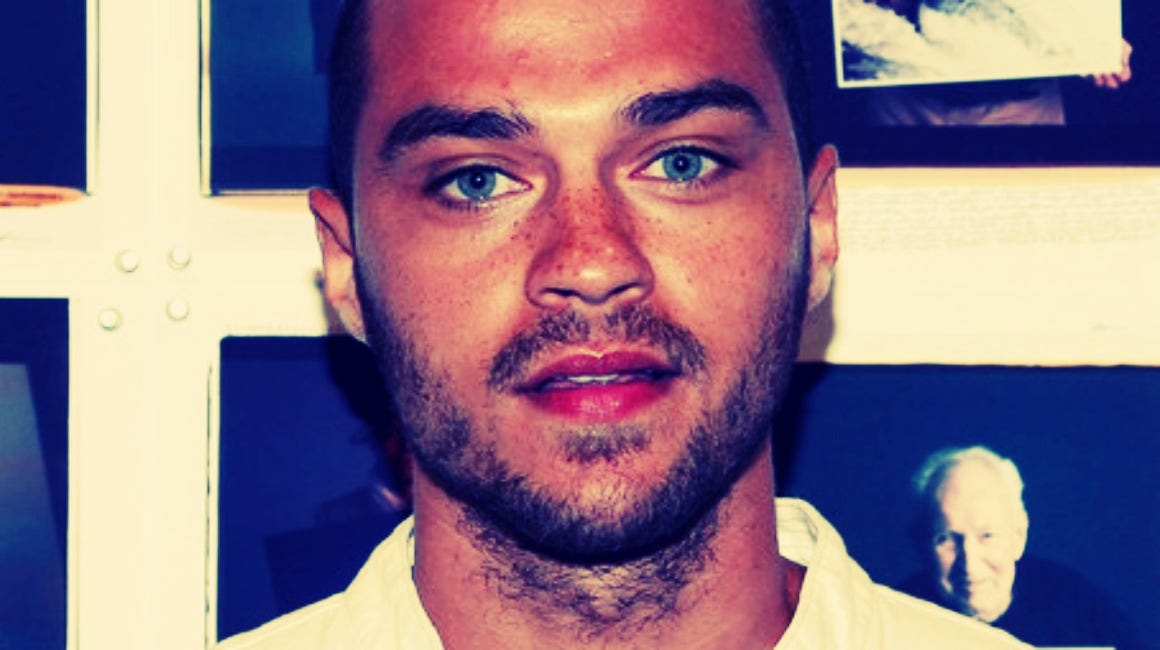Can Biracial Activists Speak To Black Issues?Posted in Articles, Communications/Media Studies, Media Archive, Social Justice, United States on 2016-07-09 17:59Z by Steven |
Can Biracial Activists Speak To Black Issues?
The Establishment
2016-07-06
While my first instinct was to celebrate Jesse Williams’ recent Humanitarian Award from BET, my second instinct, which came just seconds later, was to brace myself for the backlash.
The Grey’s Anatomy actor and former teacher has been a highly visible activist within the Black Lives Matter movement, recently executive producing the documentary Stay Woke: The Black Lives Matter Movement. Yet those born of racial admixture are often viewed as half-as, half-ass appropriators of blackness. We’re often seen as deceitful, dangerous, and damaging to black solidarity.
In his BET acceptance speech, Williams called out police brutality and the racial injustices black people have faced throughout history: “There has been no war that we have not fought and died on the front lines of. There has been no job we haven’t done. There is no tax they haven’t levied against us.” He added that, “We want [freedom] now.”
While fallout from his speech continues to reverberate—dueling petitions are now raging, calling for him to be fired from/kept on Grey’s Anatomy, respectively—his words were largely well-received in both black and white spheres. But, like anyone of mixed parentage who publicly rails against racial injustice, some questioned his right to speak at all…
Read the entire article here.



